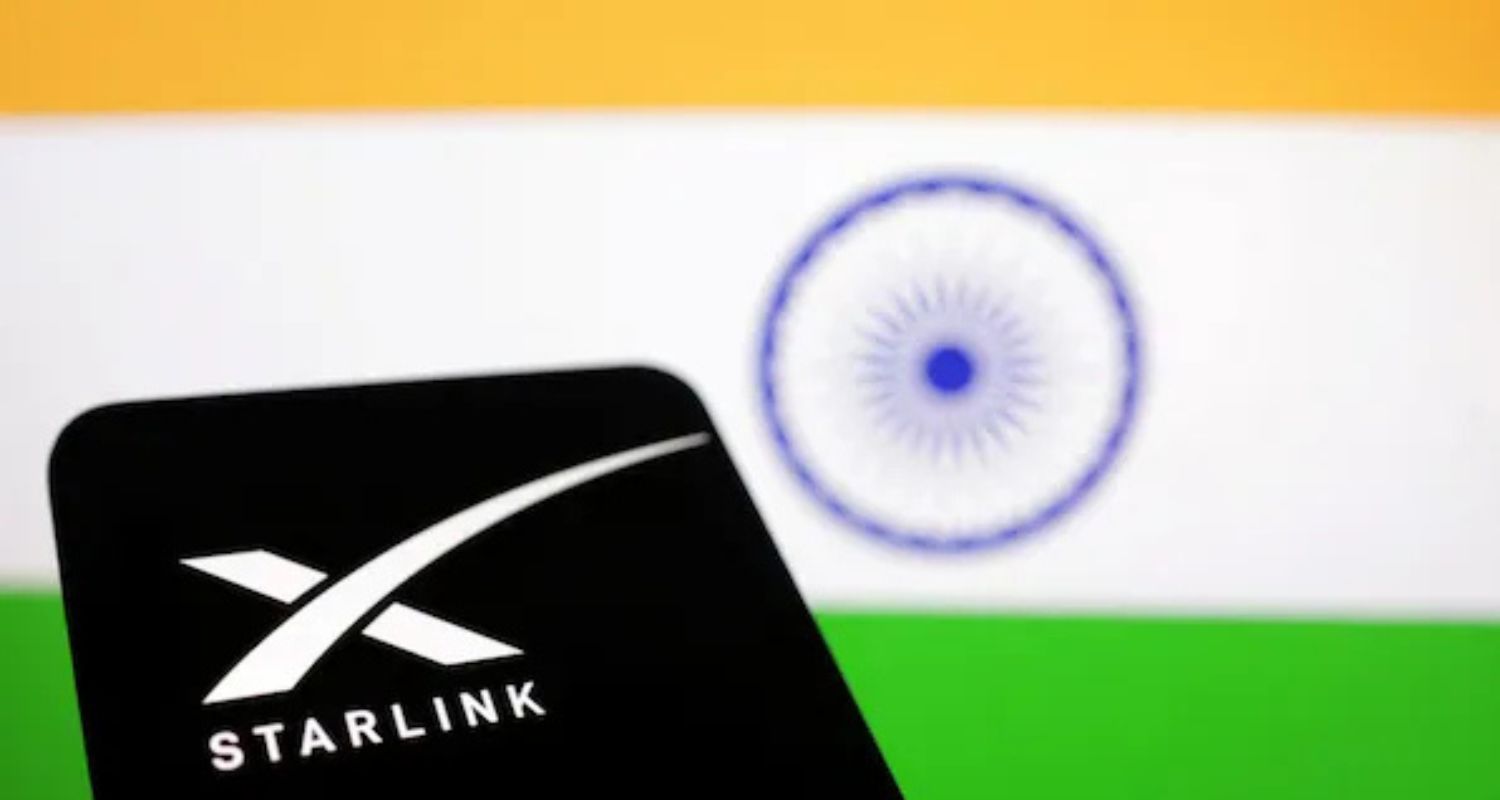Elon Musk’s satellite internet venture, Starlink, has received a key regulatory clearance from the Government of India, marking a significant milestone in its efforts to launch commercial services in the country. According to a reports by national media, which cited government sources, this approval eliminates a major barrier that had stalled the company’s India plans for nearly two years.
With this development, Starlink has become the third company to receive a Global Mobile Personal Communication by Satellite (GMPCS) licence from India’s Department of Telecommunications (DoT). The other two companies holding similar licences are Eutelsat’s OneWeb and Reliance Jio’s satellite communications division. The GMPCS licence will allow Starlink to offer high-speed satellite-based internet services across India, reported.

Starlink had initially applied for this licence in 2022, but the application process faced delays over multiple issues, particularly national security concerns. These concerns led to extensive scrutiny and prolonged the approval process. In contrast, Amazon’s Project Kuiper, a rival satellite internet initiative, is still awaiting the Indian government’s green light.
In recent months, a significant debate emerged between Starlink and Reliance Jio over the method of allocating spectrum—the radio frequencies essential for satellite communications. Reliance Jio advocated for a spectrum auction, similar to how frequencies are allocated for mobile telecom services. Starlink, however, pushed for administrative allocation, arguing that auctioning was not viable or suitable for satellite services. Ultimately, the Indian government sided with Starlink’s position, a decision that cleared the way for further regulatory progress.
Though neither Starlink nor the Department of Telecommunications has issued an official public statement following the approval, industry observers view this as a transformative step toward improving internet connectivity in India—especially in rural and remote regions, where terrestrial infrastructure is limited or nonexistent.
With this regulatory nod, Starlink is now poised to begin setting up the necessary ground infrastructure and preparing for commercial rollout in India. The entry of Starlink into the Indian market is expected to reshape the country’s digital landscape by providing affordable, high-speed internet to areas that have long remained underserved.
Also Read: India wary as B'desh advances Starlink deal with Arakan ties
What is Starlink?
Starlink is a satellite-based internet service developed by Elon Musk’s aerospace company, SpaceX. It aims to provide high-speed, low-latency internet access globally, particularly in remote and underserved regions.
Starlink operates through a large constellation of small satellites in Low Earth Orbit (LEO), which communicate with user terminals on the ground to deliver broadband services. According to the company’s official data, it currently operates more than 6,750 satellites and serves millions of customers worldwide.
If successfully launched in India, Starlink has the potential to revolutionise internet accessibility, especially in rural and isolated areas that remain disconnected from traditional broadband networks.
Also Read: Starlink secures Letter of Intent



